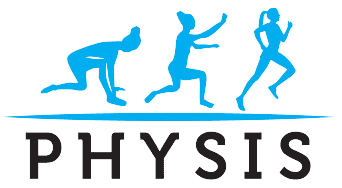DNS Overview
Originating from “Prague School of rehabilitation” DNS is an integrated approach to treat the deep stabilizing system of the whole body. It focuses on “motor control” (regulation of movement with nerves) which is developed in the early years of life and continues to rule your movements and actions at all ages. Motor control allows multiple muscle groups to work together in a chain, rather than individually, to execute safe purposeful movements. Pain is a result of dysfunction in this motor control. Pain occurs when muscles are not activated in the optimal pattern, are under-used or over-used. DNS does not offer a set of exercises. In fact, it offers a set of principles which can be used for ANY exercise. The emphasis is on correct execution of each exercise to re-establish optimal motor control and abolish pain. There is substantial difference in just doing a plank and doing a plank with proper muscle engagement.


DNS Principles
One of the principles of DNS emphasizes trunk (core) stabilization. When we think of core we think of the muscles on our belly. However, research by Kolar shows that the diaphragm is the key to core stabilization. So, weakness of the diaphragm increases the risk of developing low back pain. The initial emphasis of treatment is to evaluate your breathing pattern, i.e. diaphragm function. Your therapist will identify limitations in your breathing pattern, then spend a fair amount of time to correct them to achieve optimal diaphragmatic function. Once, achieved there are infinite exercises that can be performed. This focus on achieving fundamental strength is the reason why there is high success rate, lower rebounds and long-lasting relief.
DNS trained professionals will utilize the principles to identify the problem and develop a plan involving posture, movements and positions customized to your diagnosis to be pain free.
The ultimate goal is to teach the patient to maintain this control and stability beyond therapy to prevent return of the pain or affect other areas of the muscle chains.


